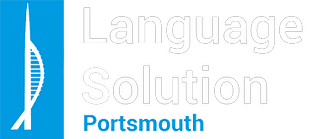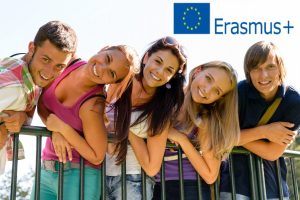Erasmus + is the European Union’s 2014-2020 training program, which promotes cooperation and mobility in all spheres of education, training and sport, youth and non-formal education . It is the successor of the Lifelong Learning Program, the Youth in Action Program and others.
Basic information
Erasmus + aims to improve the quality and adequacy of qualifications and skills. Two-thirds of this program is intended for scholarships to more than 4 million people for the purpose of studying, training, working or volunteering abroad for 2014-2020 (versus 2.7 million in 2007-2013). Staying abroad can take from a few days to a year.
The Erasmus + program is open to students, teachers, apprentices, volunteers, youth leaders and amateur sports organizations. It can also provide funding for partnerships between educational establishments, youth organizations, businesses, local and regional authorities and NGOs, as well as reforms in Member States in order to modernize education and training and promote innovation, entrepreneurship and employment.
Greater support will be given to information platforms such as eTwinning, which will connect schools and other educational facilities via the Internet.
Erasmus + is divided into three key actions:
-
KA 1 – Educational Mobility of Individuals
-
KA 2 – Cooperation on innovation and exchange of best practices
-
KA 3 – Supporting policy reform
The following countries can participate in the Erasmus + program.
Program Countries:
-
EU Member States – 28 countries
-
Member States of the European Economic Area (Norway, Iceland, Liechtenstein)
-
Turkey, the former Yugoslav Republic of Macedonia
Partner Countries:
EU partner countries
-
Armenia, Azerbaijan, Belarus, Georgia, Moldova, Ukraine
-
Algeria, Egypt, Israel, Jordan, Lebanon, Libya, Morocco, Palestine, Syria, Tunisia
-
Albania, Bosnia and Herzegovina, Kosovo, Montenegro, Serbia
-
Russia
Other partner countries
-
some Erasmus + Key Actions are open to any partner country from around the world, please refer to Part B of the Erasmus + Guide for more information
We provide all the Key activities of Erasmus + programme and have had huge experience with organizing them. So if you are interested in cooperation with us
don´t hesitate to let us know and we will be very glad to work with you.
How will Brexit impact the Erasmus+ programme?
On 19 March 2019, the Council and Parliament adopted a Regulation to avoid the disruption of Erasmus+ learning mobility activities involving the United Kingdom in the event that the UK leaves the EU without a deal (“no-deal scenario”).
The Regulation ensures that people who are abroad through an Erasmus+ funded learning mobility activity on the day the UK leaves the European Union will not see their mobility period interrupted.
These measures will apply until all Erasmus+ learning mobility activities that started before the date on which the UK leaves the European Union have been completed, taking into account that these mobility activities can have a duration of up to a maximum of 12 months.
All ongoing Erasmus+ mobility activities, including international activities that started before the date on which the UK leaves the European Union, will be covered by the Erasmus+ contingency measures.


